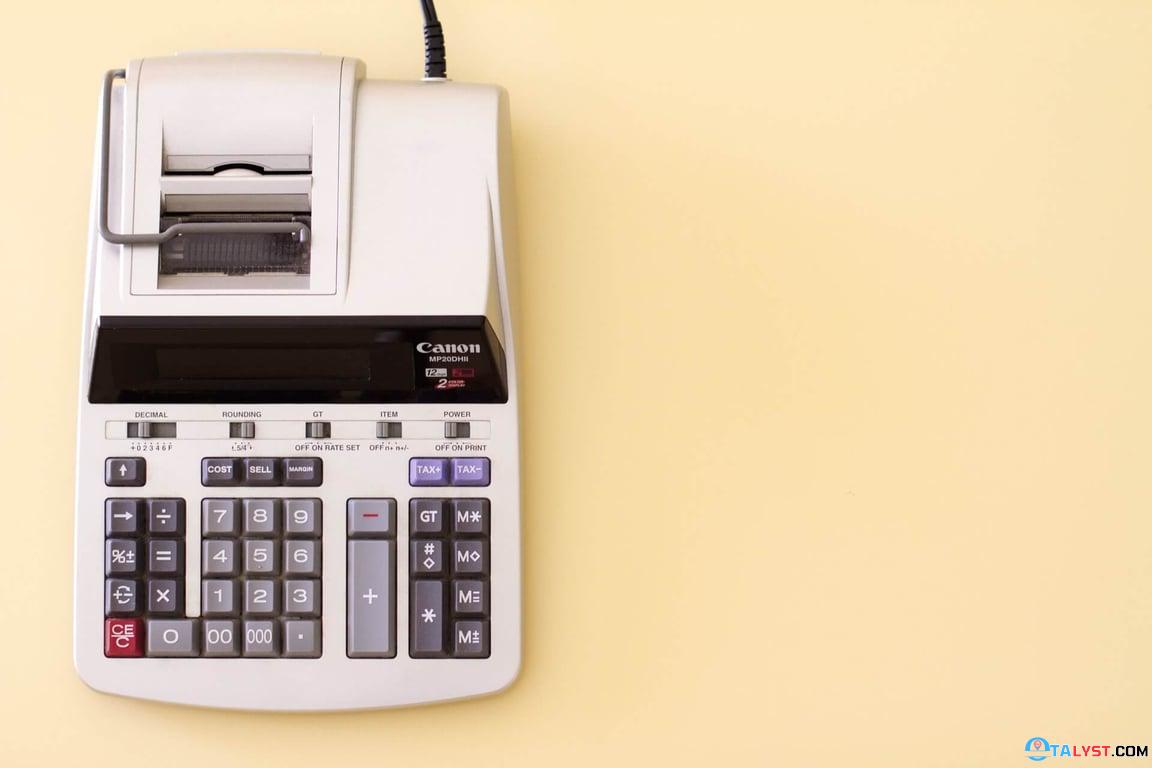Are you eager to boost your hotel’s revenue streams? Look no further than optimizing single occupancy and children supplement charges. In this comprehensive guide, we delve into effective pricing strategies and policies to help you maximize revenue effortlessly.
Supplement charges serve as a simple yet powerful tool to generate additional income for your hotel. In this discussion, we’ll explore essential topics such as occupancy, children supplement charges, and the nuances of single supplements.
Moreover, we’ll provide insights into leveraging these supplements efficiently to have a direct impact on your sales and overall revenue. To fully harness the potential of supplement charges, it’s crucial to consider specific factors tailored to your property. Before we delve into the intricacies, let’s ensure we have a solid understanding of the basics. Join us on this journey to uncover new avenues for revenue growth!

What is a Supplement Charge in Hospitality?
Supplement charge is when we charge an additional fee to a guest. It can be for any type of amenity that doesn’t have ‘complimentary’ associated with it.
Supplement charges are there to help you generate additional revenue on already existing and in-demand products, services or even the type of guest that stay at the hotel.
What is Occupancy Supplement?
Occupancy or people supplements are generally utilized for family or premium rooms when a room is able to occupy more than two people with either a sofa bed or an extra bed.
Usually, the base price for a room is determined by double occupancy. This way, if the room has the possibility to accommodate more people, an additional third person supplement can be charged.
However, people supplements are not that common as they can be replaced by room type supplements. For example, hotels often charge more for the family room, which already includes the people supplement.
Yet, there are some specific ways to utilize people supplement. If the base price is set for one person, it can be changed to charge for the second person, depending on what makes sense for the property.
For example, a business travel-oriented hotel might charge for the second person as the base price would be set for business travellers who often travel solo.
Similarly, if breakfast is automatically included in the room rate, charging a second person supplement would be useful in order to cover the cost of the breakfast. However, as mentioned above, properties generally base their prices on double occupancy and room-only rate.

What is Single Supplement?
Some hotels also have a single supplement, which charges an extra amount if the guest is staying alone in a double room.
Single supplements are charged as a privilege for guests not wanting to share the room with anyone else.
Traditionally, this supplement was used by cruise ships, as for them, it was a privilege if someone stayed alone in the cabin. Nowadays, most hotels have removed the single supplement as they don’t want to penalize solo or business travellers.
What is Children Supplement?
With some hotels, children under a specific age can stay for free. However, they might be charged extra due to breakfast and cleaning cost.
Most hotels don’t charge a full amount for children. It is only a way of recovering some additional cost that could arise by having a child or two stay in the same room as the parents.
How to Benchmark and Calculate Hotel Supplements?
Deciding which supplement to use and how much to charge can be tricky. The calculation depends on many variables, such as the type of property, season, target audience, etc.
How to Benchmark and Calculate People Supplement?
People supplements depend on the type of property as well as the competitors’ pricing. It is crucial to stay in line with the market. Hence, checking how the competitors are pricing is step one.
After this, assess the target audience. You should have a clear idea about the kind of guests that book a stay at your property. These may be families, business travellers, leisure travellers, backpackers, etc. It will help you make an informed choice.
How to Benchmark and Calculate Single Supplement?
When it comes to Single supplements, not many hotels use it anymore. The base price in general is considered to be for double occupancy. However, second-person supplement is a possibility when the base price has been set for single occupancy, such as in the case of business travellers.
Yet, in terms of benchmarking this supplement, the most important factor is the competitors in the area. If they aren’t using this supplement, it would be a mistake to go ahead with it for your property.
How to Benchmark and Calculate Children Supplement?
Benchmarking and calculating Children supplements is one of the trickiest points. Usually, children under a specific age (depending on the property) can stay for free.
Benchmarking when it makes sense to charge a child is not easy, but definitely doable, if done by age.
For instance, a simple and non-discriminatory way of charging for kids is setting up age brackets and deciding to charge children above 13 half the price of the room. Also, bear in mind that if a family books a breakfast-inclusive rate, there must be adequate supplement added.
To sum up, get some inspiration from your competitors’ pricing, and see how they are solving this issue. Families are a huge business, and you need to make sure they are targeted correctly. It’s important to be fair, but at the same time, profitable.

Top Tips for Maximizing Hotel Revenue with Supplements
Supplements are the easiest and most useful way to maximize revenue. However, bear in mind that the modern revenue manager tends to use limited methods to maximize revenue with supplements, such as room type supplements. This approach is easier to manage, and the rates and supplements remain more organized and straightforward.
The best thing about supplements is that they can be changed and updated easily. It’s better to use them during the high season and remove them from your revenue strategy in the low season.
You could even lower the supplement rate depending on different conditions, such as number of occupants, amenities included, etc.
Supplements are the easiest way to change rates without actually changing the price points. Plus, you can get as creative as you want. You can use them for specific room types or market segments. Eventually, they’re meant to help you earn a higher revenue.
Overcomplicating and adding too many supplements can harm the business. That being said, if it makes sense for your property, do go ahead and utilize them for maximizing revenue!
Tools like PMS (Property Management System) and CM (Channel Manager) only assist lodging establishments in operating more simply, saving time, and being more efficient compared to not using them. However, that is not the root of growth or the challenges faced in the accommodation business. If you want to effectively manage OTA channels and create stable growth, you should have a clear understanding of how OTA platforms operate, such as their nature, operational models, and how they display, calculate displayed prices, and collect prices (after deducting commissions). Of course, larger hotels that want to approach it systematically will do it synchronously from the beginning, but smaller lodging establishments wanting to reduce operational costs should overlook it and focus on optimizing display and providing outstanding customer care.
Synthesized by: OTA Lyst












































